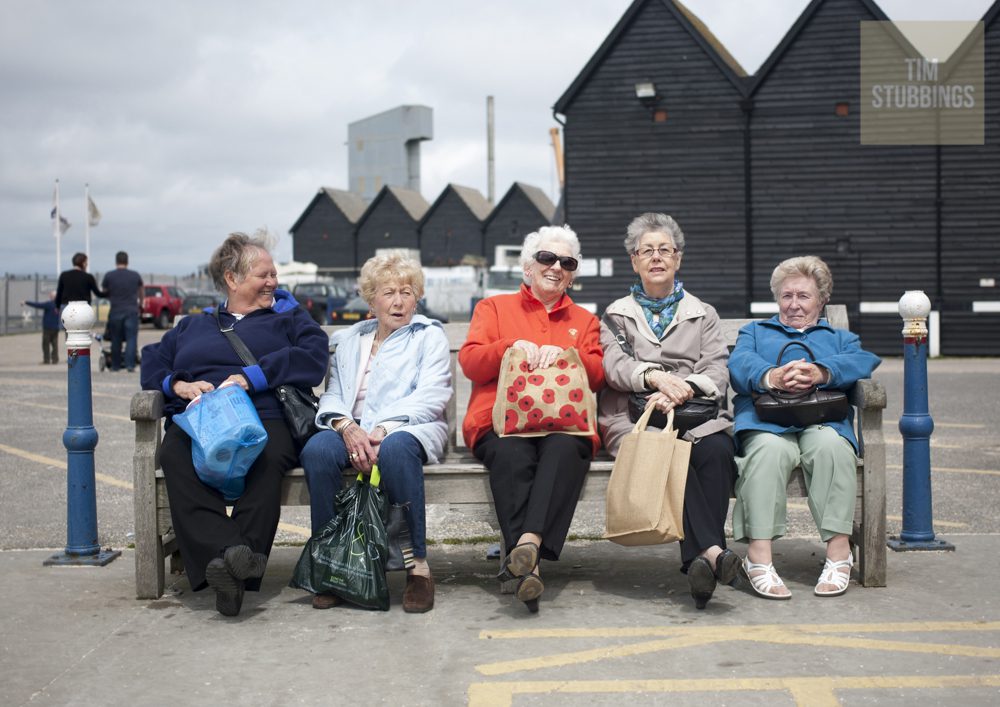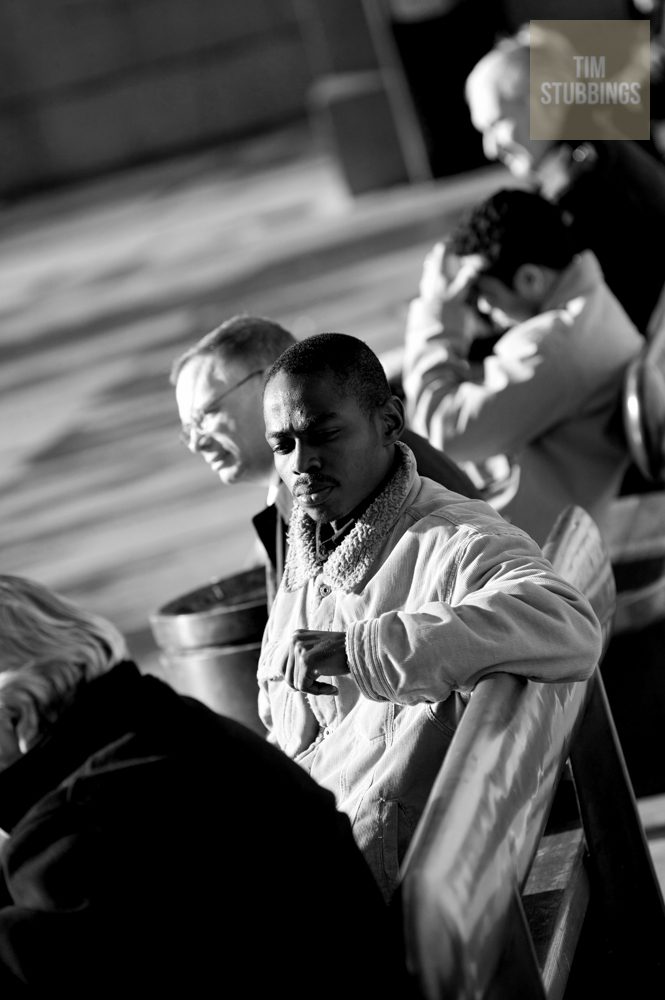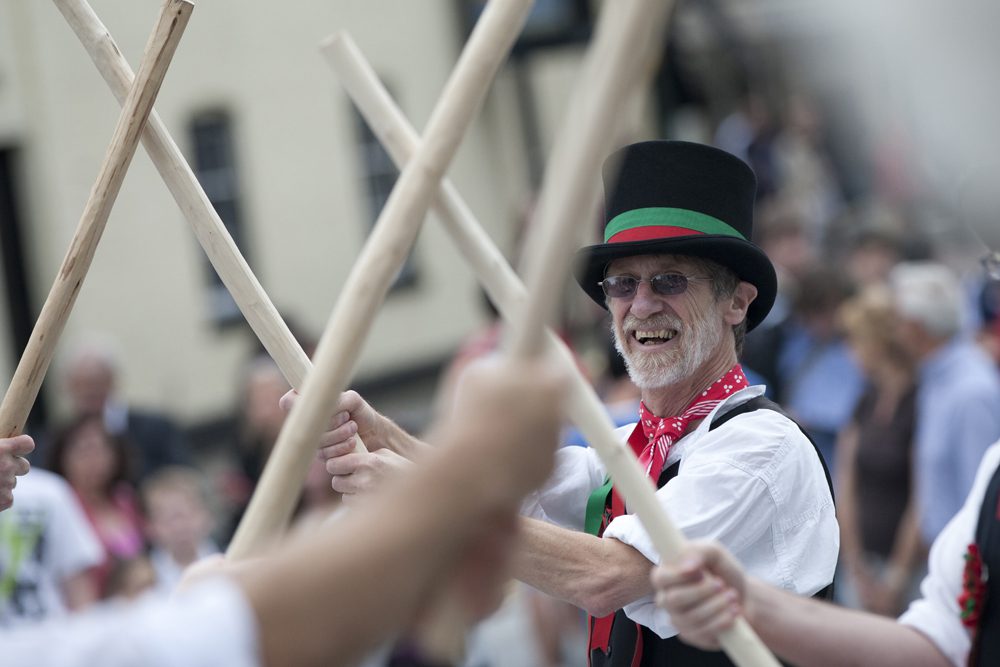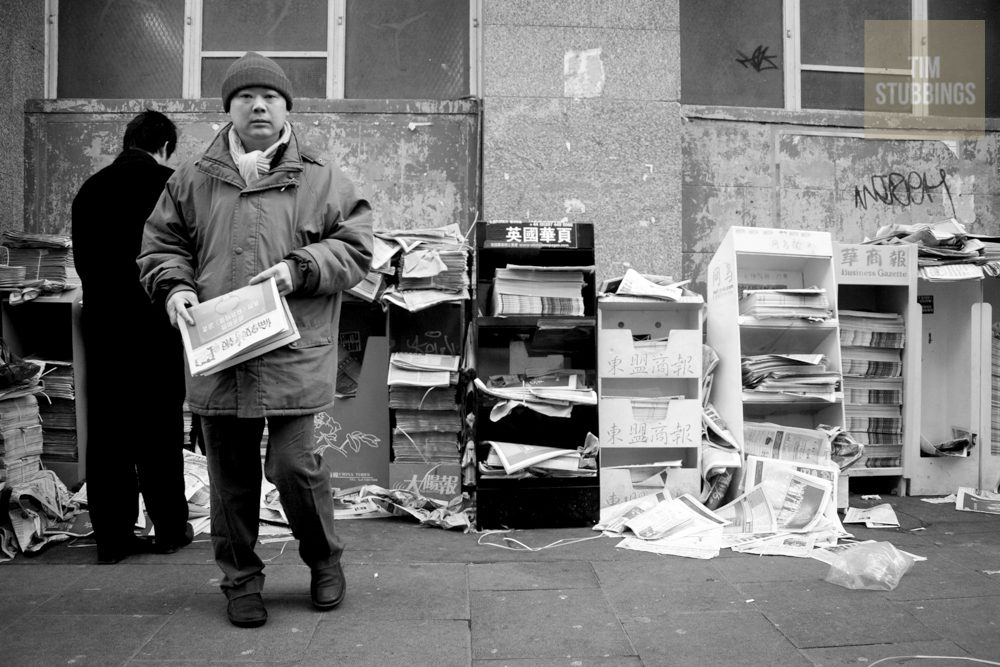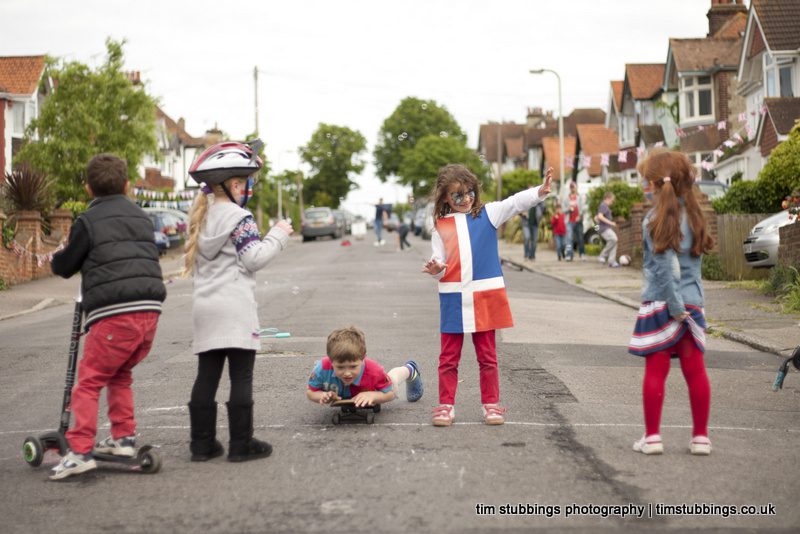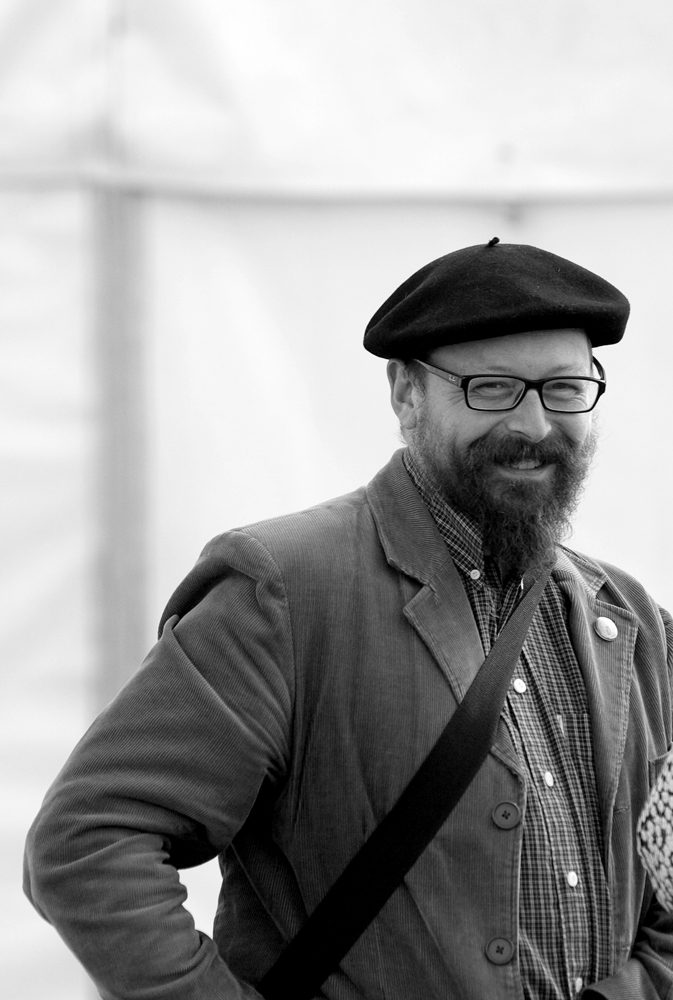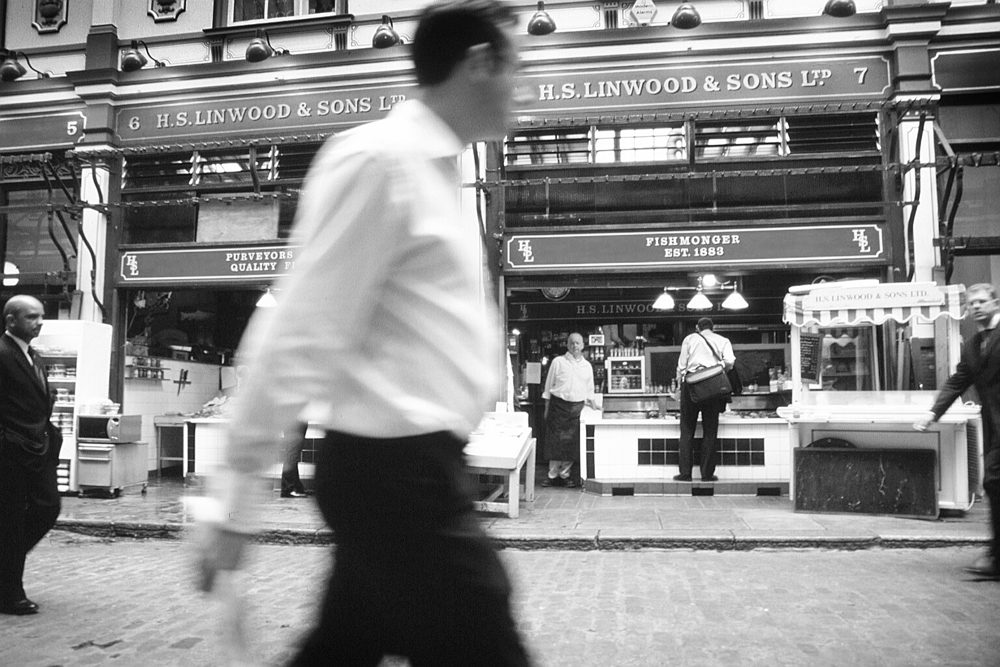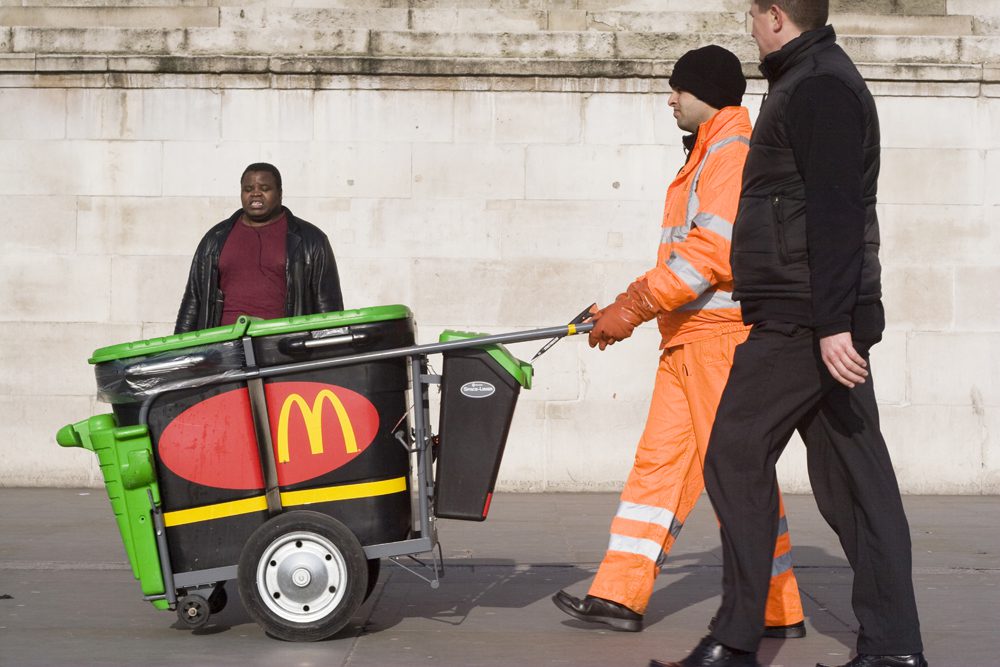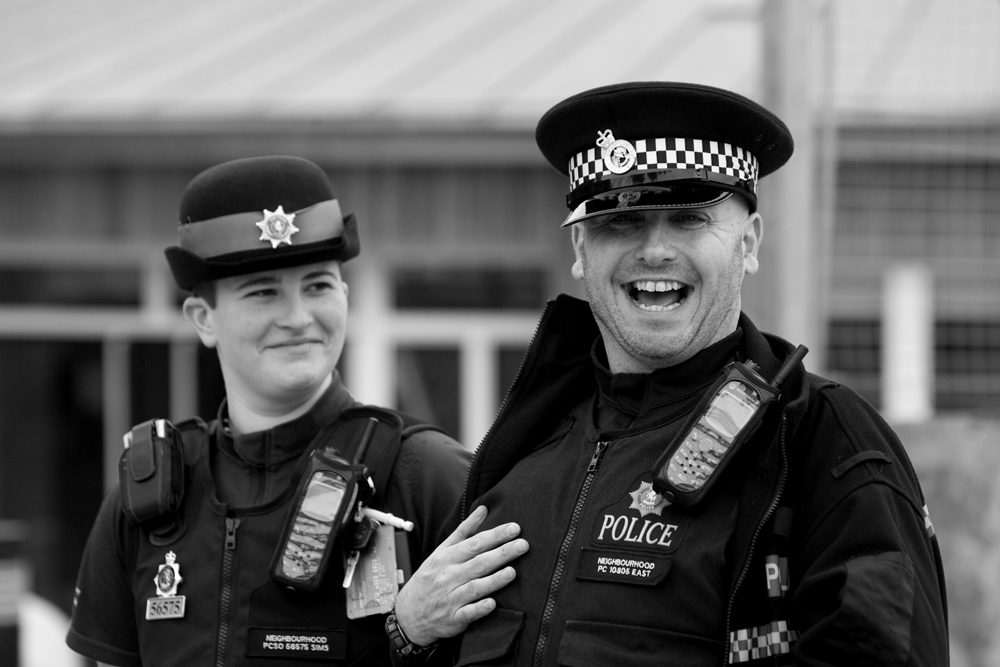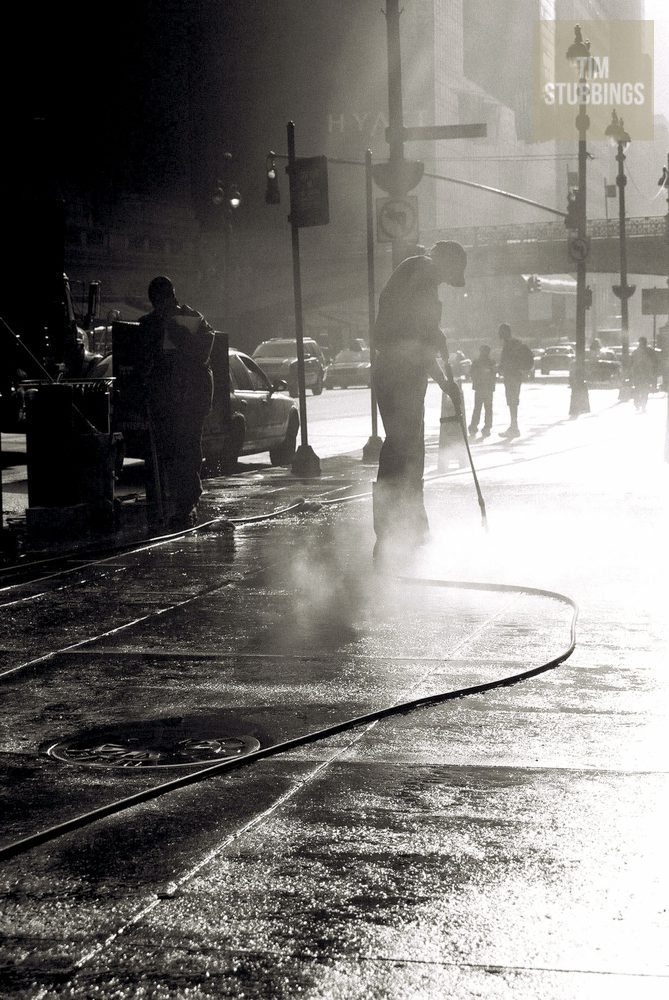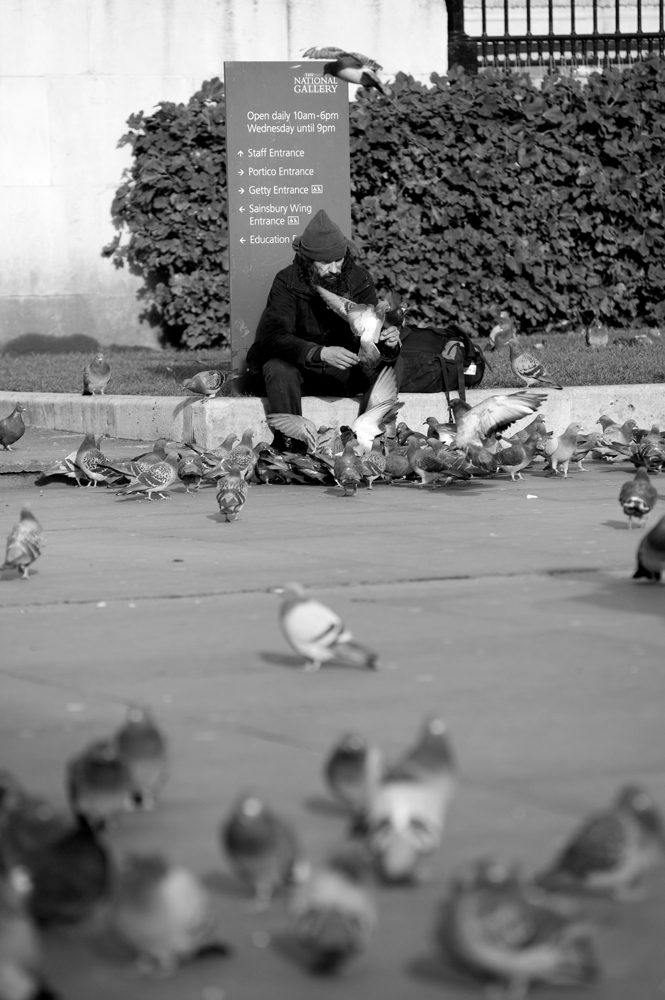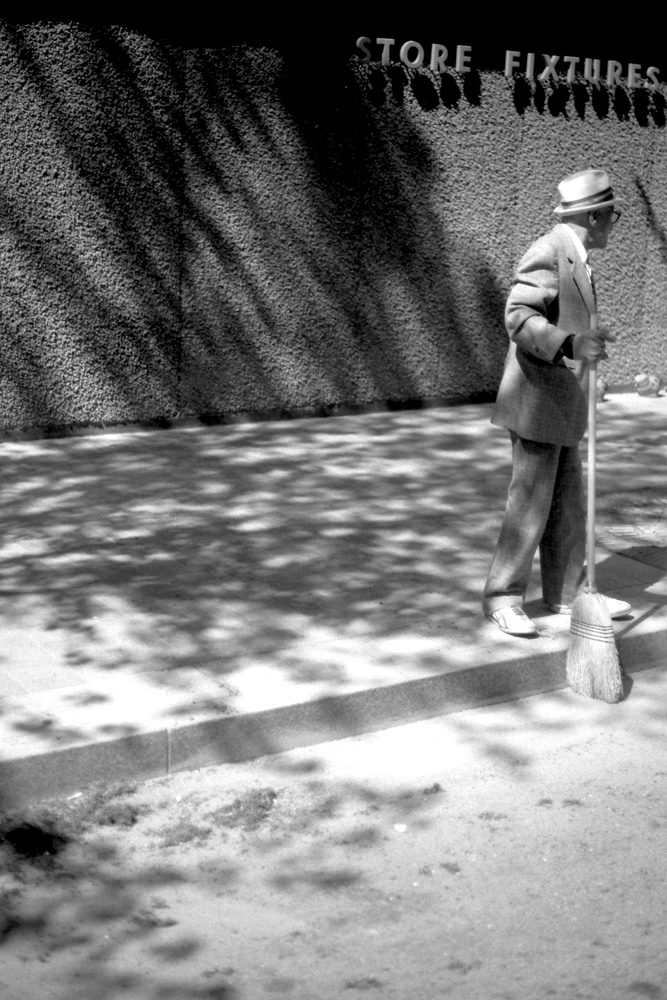Do you need permission to take pictures of people in public?
As the holiday season starts, many will be taking cameras with them around the UK or abroad with the hope of coming across interesting places and people. The question is, do you need permission to take pictures of people in public?
When shooting commercially, it is a little more clear cut. Where it’s for commercial gain – advertising or promotion – you need a “model release” for the person and a “property release” for any land or buildings . For editorial or news, you don’t. You still need to be clear whether you’re in a public place or on private property (if the latter then you need the owner’s permission).
Then there is street photography, and a lot of travel-based pictures can fall into this category. Street photography is a form of documentary photography and some photographers will choose to shoot and ask for a verbal permission later, others seek permission up front. The law is silent on this until such a point that the photographer’s behaviour is seen as intrusive or a form of harassment. Commons sense would suggest that if somebody asks you to stop or not photograph them, you should stop. It’s more often than not easier to take a few pictures, then make eye contact and nod your head to gauge a reaction. Avoid papping. Be respectful as you’re not photographing zoo animals.
Section 43 of the Terrorism Act only allows the police to stop you and seize your equipment if they have reasonable grounds to do so. Be mindful though that around certain public buildings, you are more likely to be stopped. This happened to me in New York a lot after 9/11 and there are plenty of stories of photographers getting into trouble in and around Parliament Square.
Security guards only really have powers to ask you to leave but they don’t have rights to confiscate your equipment. Nor do police unless you’re being arrested for a offence, even if it’s not related to photography. Nobody has the right to delete images or ask you to do so without a court order, but if a member of the public asked for their picture to be deleted, out of courtesy I would do so.
Finally a note about photographing children. We live in different times. In the past you could shoot public events that included all ages without a second thought. Documentary photography was without suspicion. Now? I admit to not only hesitating to photograph children in public but also not even attempting to unless I’m covering a news or press event with accreditation (in other words it is clearly my job to be that of a journalist). There are no restrictions in taking pictures in a public place of any age group but you need to weight up the views of parents and or legal guardians that may or may not be present. Be overt, not convert, listen to and engage with the responses of parents (both negative and positive) and decide whether it’s worthwhile standing your ground (even if the law is on your side).
Finally, a mild disclaimer. Any discussion here relates to a broad working understanding of the laws of England and Wales and laws may differ in your jurisdiction. It’s not definitive legal advice (which should only be sought from a legal adviser qualified in the area of law under discussion).
Ref: Do you need permission to take pictures of people in public?
Morris men, Whistable Oyster Festival, Kent
Man with newspaper in Gerard Street China Town London January 2009
Smiling man with beard and glasses in beret and brown corduroy jacket
PORTFOLIO
Smiling female police community support officer and laughing male colleague
Blue wheelie bins in Buckinghamshire
Pigeons outside the National Gallery, London, England, UK


